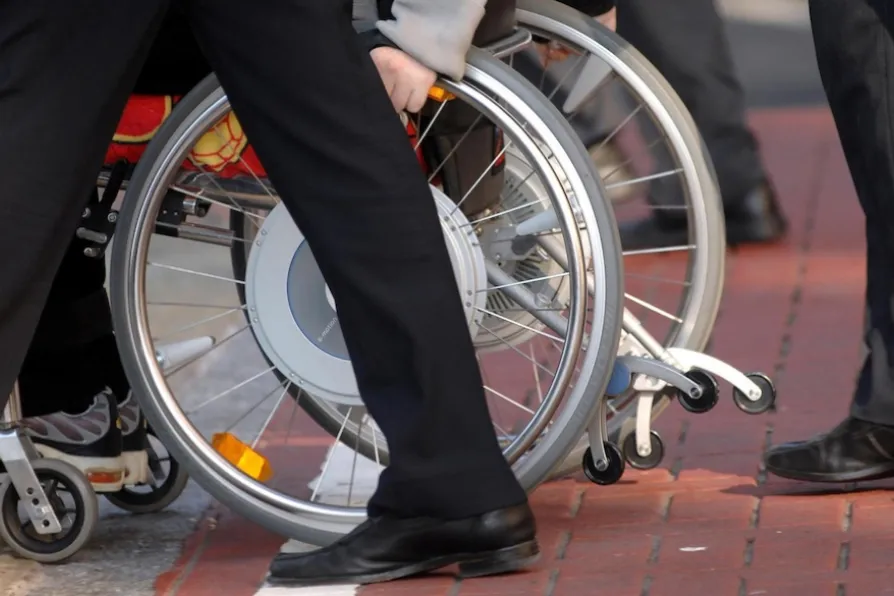Disabled workers more likely to be employed in lower-paid and non-homeworking jobs


DISABLED workers are more likely to be employed in lower-paid and non-home-working jobs, according to new analysis today.
About one in seven care workers and home carers in England and Wales have a disability, the Leonard Cheshire charity found.
One in six are retail cashiers, check-out operators, work in call centres or as crossing patrol officers, it revealed.
Similar stories

Labour will find increases in the state pension age are unacceptable, just as cuts to the Winter Fuel Allowance, personal independence payments and universal credit are — it needs to change direction immediately, writes PCS general secretary FRAN HEATHCOTE

The economic value of disability benefits far outweighs their cost, argues Dr DYLAN MURPHY

Any positives from the government’s green paper proposals are vastly overshadowed by the scale of the cuts to vulnerable low-income households, argues JENNY RATHBONE MS











